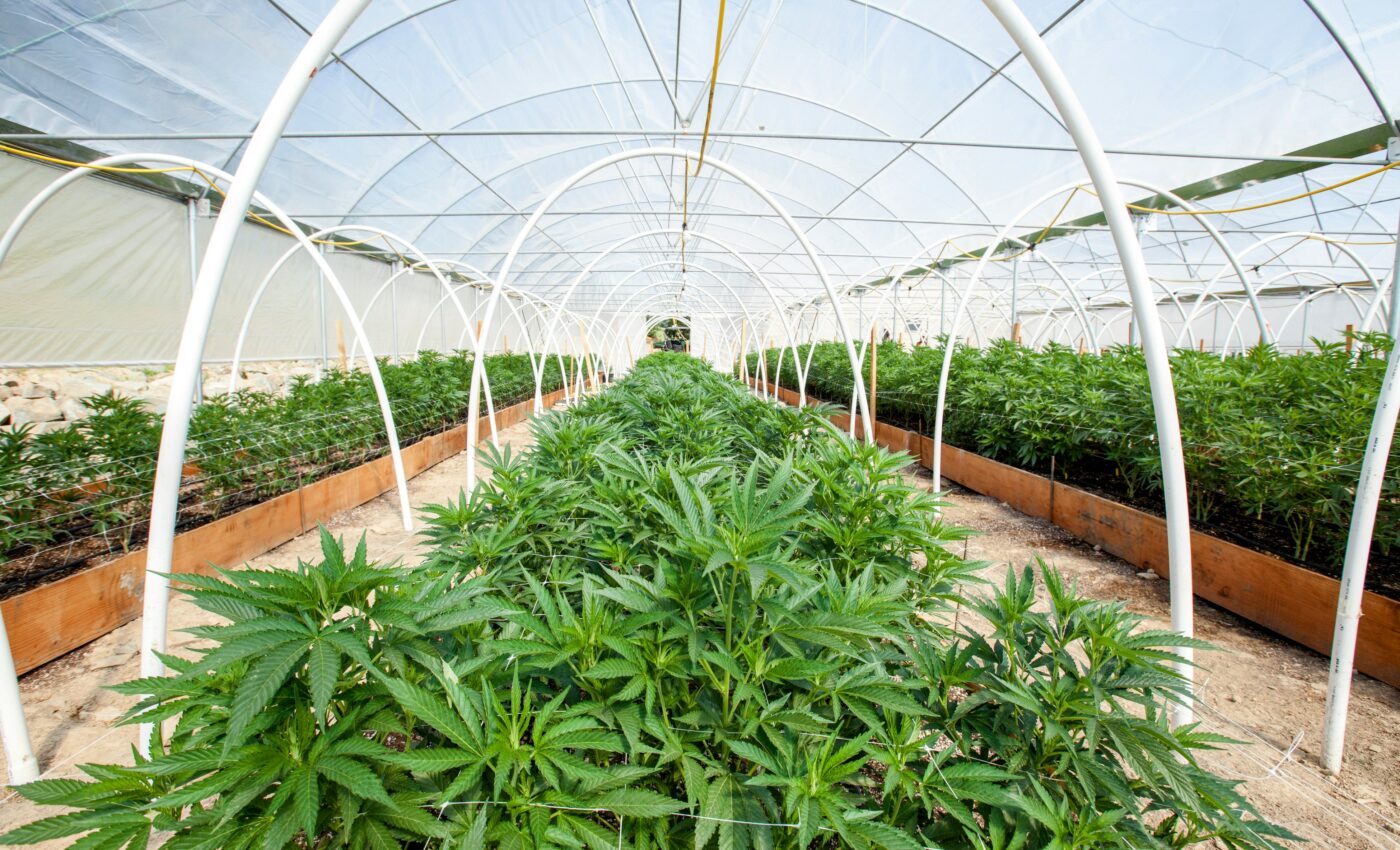
Cannabis use is up by 20 percent in states where it's legal
Cannabis is one of the most commonly used illegal drugs in the United States. Nevertheless, in the past few years, more and more states have begun to legalize recreational cannabis. As a result, more than 141 million Americans now live in a state where they are able to use the plant legally.
Although some people claim that they can use marijuana recreationally with no ill effects, it is still an addictive substance that can lead to physical and mental distress. Consequently, there was some curiosity among addiction researchers about the effects of legalization on the frequency of drug use.
A paper recently published by the Society for the Study of Addiction found that the legalization of recreational cannabis has increased usage by an average of 20 percent.
Among the study participants, 1,425 live in a state where recreational use is legal, while 1,997 reside in a state where cannabis use is still illegal. What’s notable about the study is that the research participants included 111 identical twin pairs that lived in states with opposing drug policies.
There is a great deal of value in twin studies because each twin provides a control for the other, which means a more precise estimate of the causal effect of legalization.
When analyzing all the study participants, the researchers discovered a 24 percent increase in average cannabis use frequency that they could attribute to legalization.
When analyzing twin data, they found that the twin who lived in a “legal” state used cannabis recreationally 20 percent more frequently than their sibling living in an “illegal” state. Both of these findings imply that recreational legalization is causing more cannabis use.
This research was funded by the National Institute on Drug Abuse, the National Institute of Mental Health, and the National Institute on Alcohol Abuse and Alcoholism of the National Institutes of Health.
The study is published in the journal Addiction.
—
By Erin Moody , Earth.com Staff Writer













